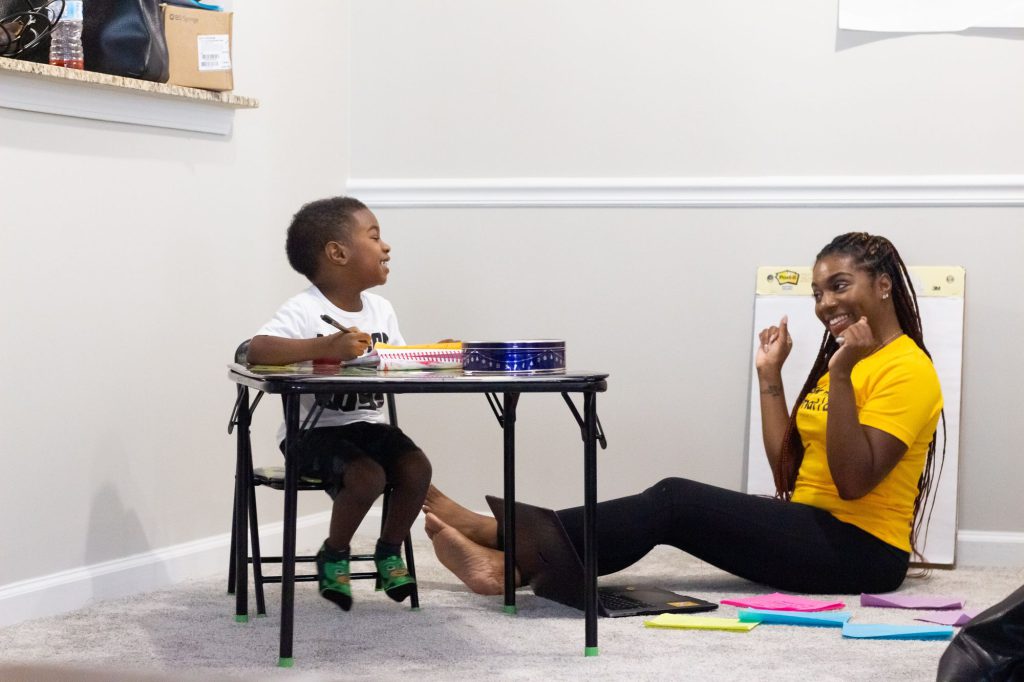What to do to understand your child better

Most parents will tell you that a parenting manual does not exist, especially because every child is different. As a result, the onus is on the parent to try and understand their child. Unfortunately, this is not nearly as easy as it sounds. Luckily though, here is a chit sheet to put you on the right path with your child.
Why understand your Child
Parents may have pre-conceived ideas that children are not intelligent. On the contrary, however, most children are very sharp and can retain and analyze information very efficiently- sometimes even better than adults. To encourage their development, it’s imperative to provide a rich environment and interact with them constantly, keeping track of what they hear or see. The following are some of the tips you can use to understand your child better:
Observe what the child is doing
Through observation, you will get to know a lot about your child’s overall personality. Give the child space and freedom to do things and allow them to say whatever they want as you observe. Also create an environment where the child can express themselves right from infancy as you take note of their behaviour. This way, you understand how to guide and support them.
Pay attention and Listen
If you pay attention to your child and actively listen to them, they feel encouraged. One way to do this is to look at them directly into their eyes and maintain eye contact. This communicates to them that you are listening and that what they are saying is of utmost importance. Moreover, talk and initiate conversations about things that are of interest to help them open up and improve imagination, creative skills, social and cognitive abilities. By listening, you will know your child, strengthen your bond and make them feel that you are interested in their life.
Befriend them and spend quality time together
Establishing a healthy relationship early and making your child realize your availability, is the first step towards becoming your child’s best friend. Do activities together such as playing games and cleaning up rooms. Spend as much time together as you can to encourage the formation of attachment and bonding. While at it, allow the child to express themselves to get a glimpse of how they think. Do not forget to answer their questions as this fixes the information gap and contributes to a cognitive framework that forms trust during adolescence and beyond.

RELATED: Raising the strong-willed teen
Give Praise and show empathy
Praise and reward children for good behaviour as this boosts self esteem. Show empathy and teach them to be empathetic with others. However, be careful not to overpraise the child as this can praising can make a child arrogant and dependent. Practicing empathy in the family creates an emotional connection which creates a foundation for the child to open up to you.

Use the child’s perspective
Thinking from a child’s perspective helps you better understand them. Allow their imagination to take wings as you walk and interact. Let them express what they see and think. Avoid interrupting their train of thought so that you get more insight into their inner world. Using children’s eyes helps to build a sense of familiarity and confidence. Promoting confidence and self-esteem at an early age is important as it helps the child cope with mistakes made. Also, self-esteem helps the child to stand up themselves.

Be alert when dealing with negative behaviour
Frustrated children may have sudden flashes of anger and emotional outbursts. As a parent, you should stay calm. Avoid yelling back or giving in. Instead, use constructive ways in handling situations and teach the child about the consequences of negative behaviour. Sometimes the child may talk about their fears, try to encourage them and do not ridicule him. Understand that it is not easy to open up and must have taken a lot of courage to do so.
Find out reasons behind behaviour
Finding out reasons behind the negative behavior, may help in knowing where you may have been going wrong and have a chance to enhance parenting skills. Children below six years, follow rules created or decisions made unlike older children. Explain to children always why certain rules and decisions were made. At that moment they may be angry with you, but with time, they will understand why decisions were made
Conclusion
To understand children’s minds, parents need to be aware of child growth and development. They need to monitor them closely, since they progress and behave differently. It is important to accept your child as they are with their likes, dislikes, and all other qualities as this gives them a sense of security. Awareness of how children grow and develop is essential for parents to be empowered to understand their children better, through use of different ways and to provide rich experiences in early years to enhance children’s natural learning abilities to flourish and reach their full potentials.
The article was written by Dr. Catherine Gichuba, CEO and Lead Consultant at Regional Social Consultants Agency (RESCA)
Grab an exciting and information packed Parents Magazine here







